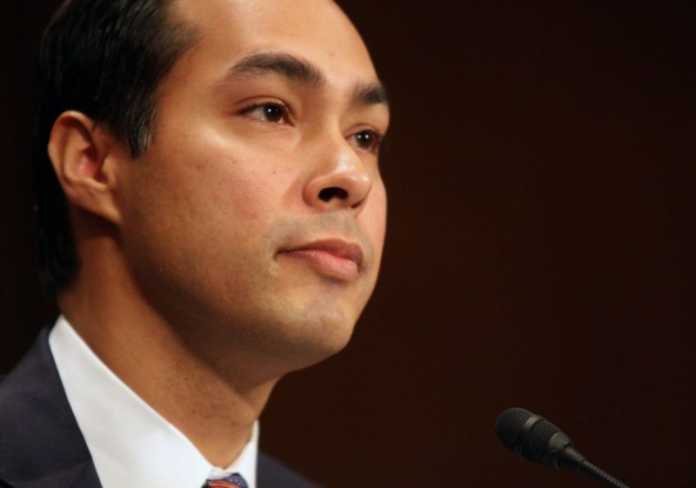With the deadline set by President Barack Obama for ending homelessness among veterans now just a year away, U.S. Housing Secretary Julian Castro traveled to Baltimore on Monday to announce fresh funding for a program that helps former service members get into homes.
The Department of Housing and Urban Development plans to spend $500,000 on housing vouchers for 60 veterans in Maryland, part of $13.5 million nationwide announced Monday. Officials say the program has helped more than 80,000 veterans since 2008.
Castro said the vouchers reflect the recognition that when troops leave the military, “not all of them make a smooth transition back into everyday life.”
The Department of Veterans Affairs estimated that there were almost 50,000 homeless veterans in the country at the beginning of 2014. Obama pledged in 2009 to bring that number down to zero by the end of next year. By the beginning of this year, the government had achieved a 33 percent reduction.
Robert McDonald, the new secretary of veterans affairs, said that “as long as there remains a single veteran living on our streets, there is more work to be done.”
In a statement, he called the voucher program “a vital tool in our efforts to reduce veteran homelessness.”
The VA medical system and local housing authorities work with veterans to find landlords, and the vouchers keep their rent down to 30 percent of their income. The round of funding announced Monday was earmarked for veterans in Baltimore County, Calvert County and Hagerstown.
Baltimore City received 55 vouchers in a larger round of funding announced in October. City officials say they have used the program to secure homes for 290 veterans.
Castro spoke at the Baltimore Station, a treatment facility in the city’s Sharp-Leadenhall neighborhood for veterans addicted to drugs or alcohol.
Michael Seipp, its executive director, said veterans who complete the program successfully depend on the vouchers to regain their independence.
Seipp said housing alone is not enough. He’d like to have funding to keep up with veterans after they leave his program so his team can be ready to offer support if they suffer withdrawal symptoms.
All content herein is owned by author exclusively. Expressed opinions are NOT necessarily the views of VNR, authors, affiliates, advertisers, sponsors, partners, technicians, or VT Network. Some content may be satirical in nature.
All images within are full responsibility of the author and NOT VNR.
Read Full Policy Notice - Comment Policy






























